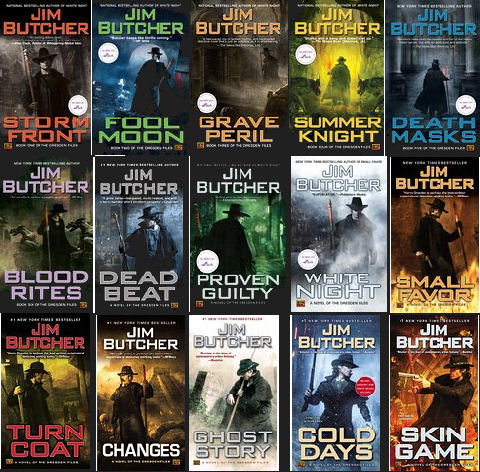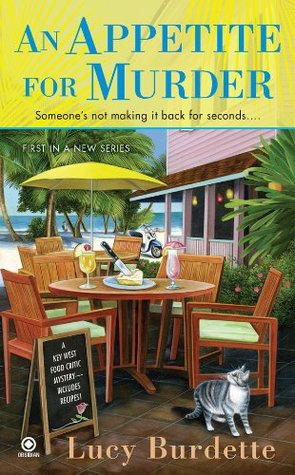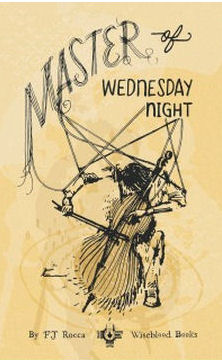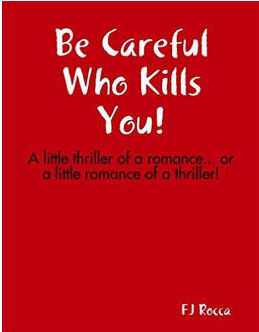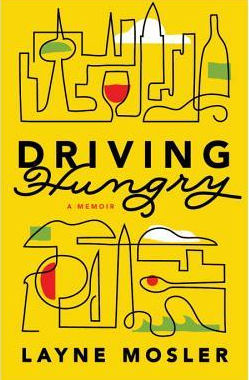The Book Stack #6

Continuing with some more fantasy, and a bit of other….
My Tender Matador / Tengo Miedo Torero, Pedro Lemebel, September 2002, Translator: Katherine Silver
Let’s start outside the realm of fantasy. I actually don’t remember how this one came to my attention – it’s the story, basically, of the end of the days of Augustin Pinochet’s rule over Chile, focused on the events leading up to an attempted assassination. The book goes back and forth between Pinochet’s viewpoint, and that of an aging drag queen, the latter of whom has befriended a young, handsome man who turns out to be involved in the assassination attempt. It’s extremely well written, and the characters are well defined. It was a little slow reading for me as I initially started reading this in the original Spanish version, but the constant use of colloquial terms and street slang made it near impossible, and what I ended up doing was reading the two versions more or less side by side (learned a lot of Chilean street slang!). ☆☆☆
Code of Conduct, Brad Thor, July 2015
Over time I’ve read through the entire previous series (15 previous books) of the “Scot Horvath” novels. These are sort of Jack Bauer/24 on steroids if you can imagine that. They’re thrillers. They’re fast paced, they require some level of suspension of disbelief – they’re not totally out of left field, they’re basically, “what if?” scenarios that any of us could imagine given the state of the world right now, even if highly unlikely. And Thor makes them completely believable as potential scenarios. For me, given that I like thrillers of this sort, they’re entertaining as well as thought provoking. Fast reads. And, this one fits right in with all of that. There’s now a 17th novel out, Foreign Agent, and it’s on my reading stack! ☆☆☆☆
The Ronin Trilogy, Travis Heermann
Another trilogy, this one consisting of Heart of the Ronin (2010), Sword of the Ronin (2013), Spirit of the Ronin (2015). I stumbled across this one when I was looking for some martial arts books for study, and it looked interesting. Since the first volume was available for free on my Kindle Unlimited account, I gave it a spin, and rapidly went on to the sequels. Although set in feudal Japan, and following the story of a ronin, a masterless samurai, the writing style is very “western” in its approach, which gave them an interesting flavor – sort of like watching a completely foreign culture and concept develop from an outside observer’s eye. The author has a nice little quip on his site, “Writing fiction set in a far different time and place is challenging. The key is cram as much background information into your brain, let it percolate for a while, and see what bubbles out.”. And, no question, that’s what he’s done – creating a real image of a very different world than I’m familiar with, and at the same time, letting it develop in a way that I could actually visualize it, without feeling lost. I loved it. ☆☆☆☆
The Inheritance Trilogy, N.K. Jemisin
And, yet another trilogy! The Hundred Thousand Kingdoms (2010), The Broken Kingdoms (2010), The Kingdom of Gods (2011). This one took me a little bit to get into. I can’t even tell you exactly what it was about it – it’s certainly well written, and an interesting concept. I think that it was that the protagonist in the first volume just didn’t resonate with me, and I initially found her viewpoint to be sort of a bore, or maybe it was just that the development of the story started out too slowly for me. But, the book picked up, and I ended up enjoying it enough to go on to the other two volumes, which take place from the viewpoints of other characters, and I liked both of those volumes much more. I mean, what’s not to like about a world where humans, gods, godlings, and demons, all live together and interact on a daily basis? In the end, highly recommendable. And, a nice perk that you can buy the entire trilogy in one volume. ☆☆☆☆
The Price of Retribution, Christopher Cartwright, March 2015
For such a small book (okay, 370 pages), it’s a pretty sweeping epic story, that starts with a jewel heist in long ago London and then jumps across the oceans to Australia, and back again. Another sort of “gentleman thief” – I guess those sort just attract me – it’s a great story, with romance, revenge, and a bit of rampaging. I found the writing to be quite good – at times it wandered a little, and I felt like for a moment that I, or the author, was losing the plot, but then it came back on track. The characters are interesting, though I felt that while the central ones are really well developed, that those who were not directly a part of the main storyline were a little greyed out by comparison, as if they didn’t really matter that much. ☆☆☆
The Book of Strange New things, Michel Faber, June 2015
The writing itself was fine, the author is excellent at drawing out characterization and visuals that many would find difficult to imagine. And the overall arc of the story is interesting and was enough to keep me going through to the end. However, the protagonist, and his wife, who we basically don’t meet other than briefly at the beginning and then through a series of letters, are some of the most unpleasant, unsympathetic “good guys” that one could care to encounter. Misogynistic, racist, religiously intolerant, judgmental, and constantly spouting stereotypes about everyone and everything around them – it was just plain unpleasant to read. (Honestly, given the time period I was reading this in, it was like trying to listen to Donald Trump talk about anyone who isn’t American, White, Male, and Christian.) And it was made worse because it was cloaked in a sort of pious righteousness. ☆☆
